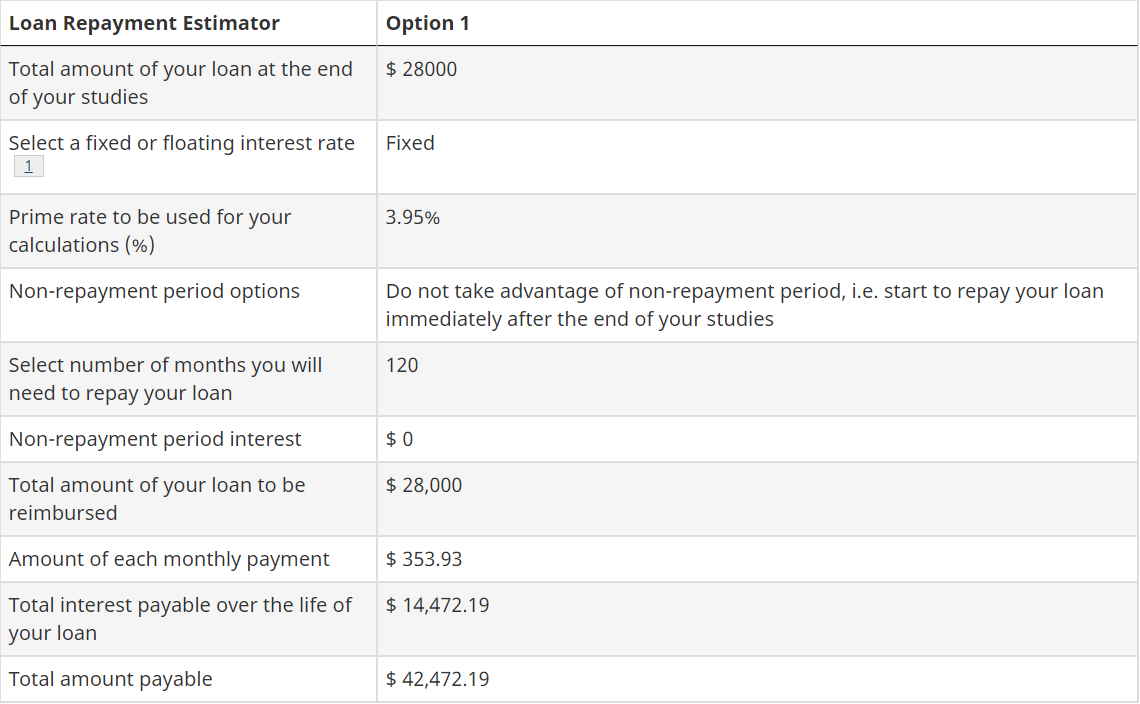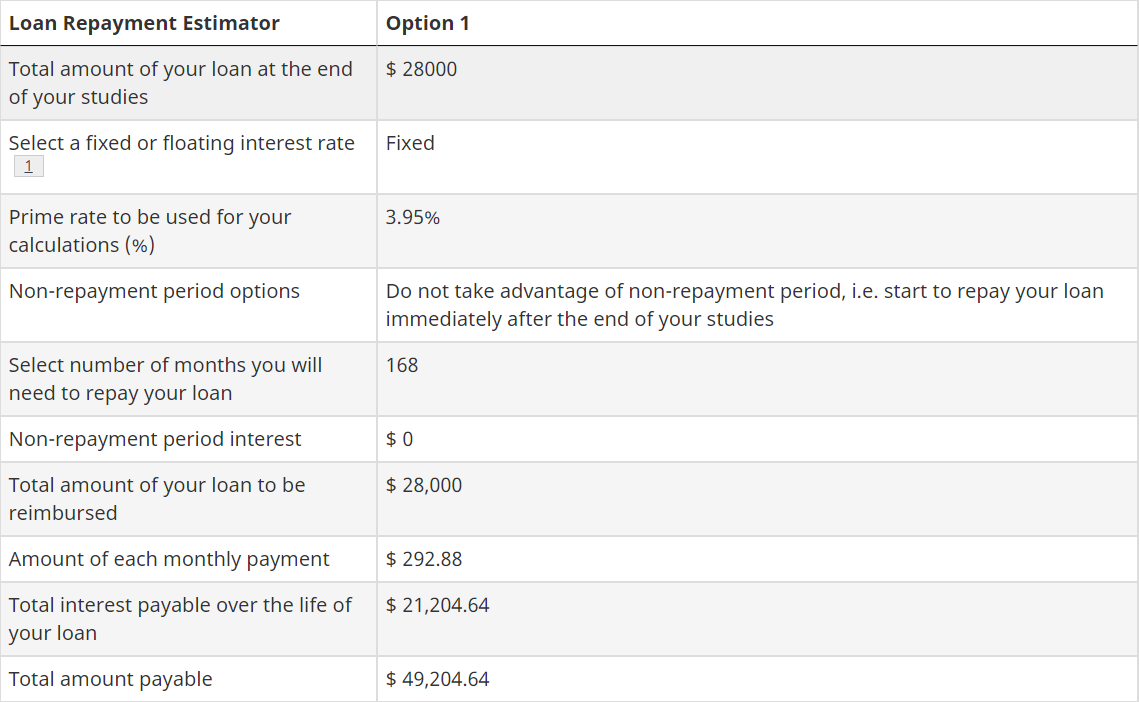College (Or University) Considerations

Post-secondary education is something that many of us look forward to after high school. It’s an opportunity to meet new people and progress in our professional career. However, university or college life isn’t for everyone. I’ve met many people who’ve gone straight into random major hoping they’ll like it and earn a lot of money. Our goal is to help you choose the right path. This can be going into a program that you truly love or not attending at all! High schools do not do a great job preparing their students for post-secondary (at least mine didn’t). Therefore, we’re going to give you some food for thought before you make that decision!
1. Why Are You Going To College/University?
First, I want you to know why you’re going. Is it because you think that it’ll make you successful? Or maybe it’s to make your parents proud. Regardless of what you choose, there is no wrong answer. However, I do believe the reason someone goes an affect their performance.
For example, while I was in high school, I realized I wasn’t ready to attend university. However, the pressure was weighing down on me. I thought that if I didn’t go, I’d be a waste of space. Therefore, I chose a major that could lead me to become a lawyer. After a few years, I realized that school was not for me. It was just so earth-shatteringly boring. Furthermore, I realized that I just wanted money and to be able to help those around me. Once I came to this realization, other avenues starting opening up. I wasn’t set on becoming a lawyer because it came with a lot of money and prestige.
I really want those who read this to avoid the same mistake I did. It’s true that you can gain a wealth of knowledge and connections from university/college. However, if all you’re going for is to make money, is it really worth that sort of investment at such a young age? What I suggest is really think about why you want to go. This about the costs and if that field is truly a passion of yours. If you need some time, take it. Many of us feel pressured to get a jump start on our education immediately. However, there is nothing wrong with taking a few years off to save and figure out what you want to do.
Money, Passion Or Pressure
There are many reasons why people choose to go to college. However, the three main ones seem to be money, passion or pressure. If you’re looking for money, I’d like to say that there are many ways that you can make money outside of college. It’s a common misconception that in order to have a high paying job, you need a degree. Although this may be true in some instances, it’s not a fact.
For those who truly have a passion for a field. College/university can be a great way to hone in on your skills and increase your knowledge. Passion is what drives many of us to become truly great in what we choose to do. It’s what helps us wake up in the morning. However, finding what you’re passionate about can be a difficult task. It took me a while to figure out that I’m passionate about finance and helping others. Therefore, if you don’t know what you’re passionate about or love doing, taking some time off of school can be even more appealing.
Related Articles
In my experience, going to school due to pressure is the most common occurrence. Especially with traditional families, you’re being pushed into a form of higher education without much time to think about it. It can be a daunting task. However, I believe that a huge mistake many people make is succumbing to this pressure. Many moons ago, while I was in class, I had the chance to speak with a fellow classmate. Furthermore, I asked them how they liked their major. I was told me that they absolutely disliked what they were learning and only did it because they felt it was expected of them.
I may sound a bit repetitive but it’s because I want to really drive home the fact that people should be putting more thought into why they’re going to college.
2. Consider This Before You Apply
In this section, I want to discuss the financial aspect of college. Student loans are at an all-time high and are only increasing as time goes by. This means that the average student debt per person is also increasing. This is becoming quite a problem. A major problem I find is that most people finish high school at 18 years old, without any knowledge of financial literacy. Due to college being a staple in our society, they begin to take out thousands of dollars worth of loans. This may seem like a smart idea at the beginning but once time catches up with them, it can feel like you’re carrying 100-pound dumbbells through life.
The average Canadian racks up approximately $28,000 ($37,000 in the United States) in debt by the time they’re done university. You must also factor in that institutions like OSAP, for example, give loans a default loan lifespan of 10 years. However, many people do not repay their loan within that time limit. A survey found by One Wisconsin Institute found this number to be closer to 20 years (14 years for OSAP). That’s a lot of time to have a substantial amount of debt hanging over your head. It’s no mystery as to why many people regret taking out student loans. In fact, Global News Canada reported that nearly 77% of post graduates regret taking out student loans!
Related Articles
- Tips To Help You Pay Off Your Student Debt
- 4 Simple Steps To Reduce Debt
- The Debt Snowball & How It Works
The Devil In The Shadows
The devil we’re talking about is interest. The concept that we all love to hate and is often misunderstood. Student debt and interest payments are no joke. When taking out a student loan, the interest breakdown section is often skipped over. However, it’s one of the most important parts of the signup process. 9% interest may not seem like much. However, I guarantee the resulting interest payments of 10 years will shock you. Below is a simple interest calculation I did with Canada.ca‘s loan interest calculator. Using the average Canadian student loan debt ($28,000) with a 10-year repayment plan, we found that you will be paying over $14,000 in interest. Making the total amount over $42,000.
If you were to extend this to the average time it takes to pay back OSAP on a salary below $40,000 (14 years), that number increases greatly.
Hypothesis
I’m sure you’ve seen it. Graduates not working in a field related to their studies. There can be many factors as to why they do not have a job in it. Competition, oversaturated job market. However, a lot of times I see people finishing college/university and go into the first “good” paying job they get. Once they’re in this job, they stay because it pays the bills and offers some type of vertical mobility. However, this means that the degree they spent $28,000 on is not collecting dust. While working in a call center, I met many people who had various types of degrees. However, they stayed in their current job because it was easier and more stable.
I want everyone to be aware that this happens and to avoid it. If you go to college, I’d strongly advise that you go into the field that you studied. Even if it takes some time, keep persisting. If you’re one of those people who acquire a degree just to say you have one and give you a slight edge (if any) while job hunting. I’d advise going to a college or university for a degree that is a mix of practical and interesting. That way, you develop a skillset, it’s not completely boring and you have that degree that you can put on your resume.
I hope you all enjoyed this article and find it useful. Until next time!

Shameed is just a man on a mission to help those around him gain financial success. Obsessed with writing about all things finance, this GTA native is constantly learning and sharing his experiences with others.







